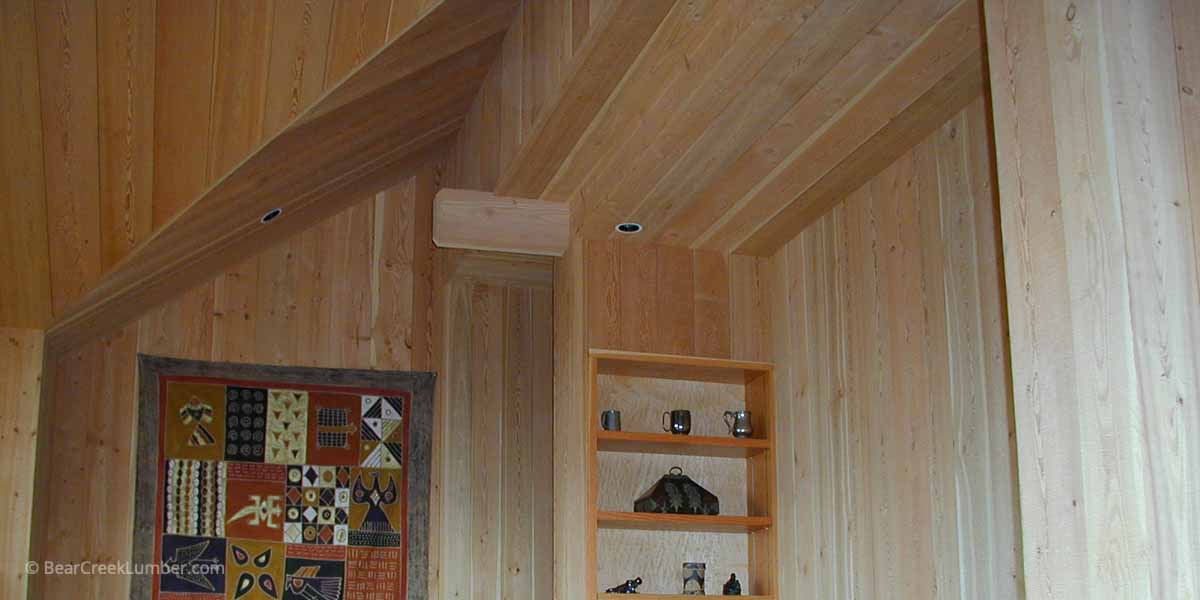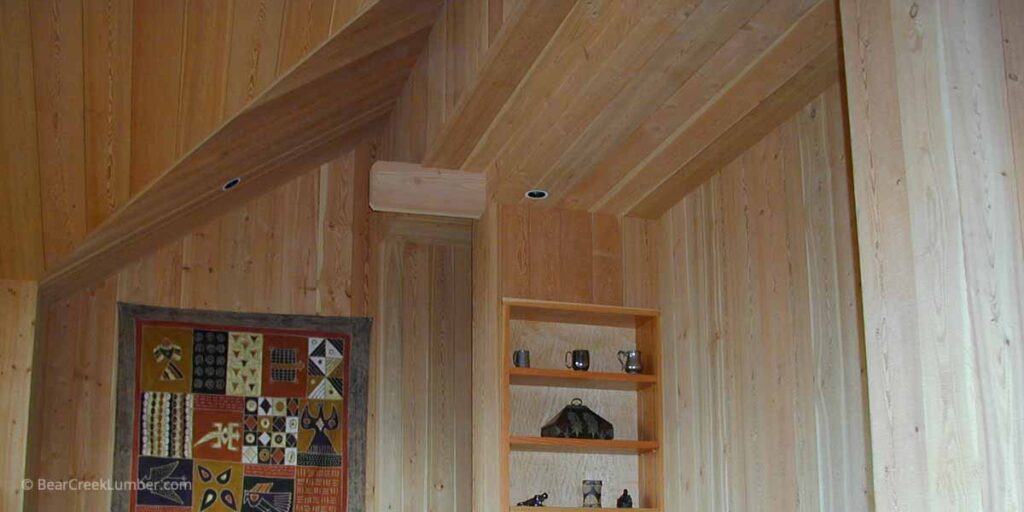
How to Choose the Right Lumber for Your Project: The Benefits of Natural Wood for Builders and Contractors
Choosing the right lumber for your building project is essential for achieving a high-quality and durable result. Whether you’re a professional builder or a DIY enthusiast, knowing how to select the right lumber for your project can save you time, money, and headaches in the long run. In this article, we’ll explore some key factors to consider when choosing lumber for your project, and outline the benefits of using natural wood for builders and contractors.
Consider the Species and Grade of Lumber
One of the first things to consider when choosing lumber for your project is the species and grade of the wood. Different species of wood have different characteristics, such as color, grain pattern, hardness, and durability, that can affect how the wood performs in different applications. Some common species of lumber used in construction include Red Cedar, Yellow Cedar, Port Orford Cedar, Pine, and Douglas Fir.
The grade of the lumber also affects its quality and suitability for different applications. Lumber is typically graded based on its appearance, strength, and structural properties, with higher grades indicating better quality and more consistent characteristics. Understanding the different grades of lumber and their uses can help you select the right lumber for your project and ensure that it meets your specific needs.
Consider the Moisture Content and Stability of the Lumber
Another important factor to consider when choosing lumber is the moisture content and stability of the wood. Moisture content refers to the amount of water in the wood, which can affect its strength, durability, and stability over time. Wood that is too wet or too dry can be prone to warping, twisting, and cracking, which can compromise the integrity of the structure.
Stable lumber that has been properly dried and stored will be less likely to warp or crack over time, which can save you money and time on repairs and replacements. Understanding how to properly store and handle lumber can also help you maintain its stability and avoid common problems.
Consider the Environmental Impact of Your Lumber
As builders and contractors, we have a responsibility to consider the environmental impact of the materials we use in our projects. Choosing natural wood products that are sustainably harvested and produced can help minimize our environmental footprint and contribute to a healthier planet. Sustainable forestry practices, such as reforestation and responsible harvesting, can help ensure that we have access to high-quality natural wood products for generations to come.
Benefits of Natural Wood for Builders and Contractors
Natural wood is known for its durability and strength, which makes it an ideal choice for a wide range of construction applications. Many species of wood, such as cedar and oak, are naturally resistant to decay and insects, which can help extend the lifespan of your structure and reduce the need for costly treatments or repairs.
Versatility and Customizability
Natural wood is also incredibly versatile and customizable, which allows builders and contractors to create unique and personalized structures that meet their clients’ specific needs and preferences. From custom finishes and stains to unique grain patterns and textures, natural wood products can be tailored to suit a wide range of design styles and aesthetics.
Aesthetic Appeal
Natural wood products also offer a unique and timeless aesthetic appeal that can enhance the beauty and value of any structure. Whether you’re going for a rustic, traditional, or modern look, natural wood products can add warmth, texture, and character to your project. From exterior siding and decking to interior flooring and cabinetry, natural wood can create a sense of elegance and sophistication that can’t be matched by other building materials.
In addition to its aesthetic appeal, natural wood products also have a number of practical advantages. For example, wood is a natural insulator, which can help regulate the temperature and humidity inside your home or building. This can lead to lower energy costs and improved indoor air quality. Wood is also a renewable resource, meaning that it can be replenished and grown again and again, making it a sustainable choice for builders and contractors who want to minimize their environmental impact.
When it comes to choosing natural wood products for your project, there are a few things to keep in mind.
First, consider the species and grade of the wood, as well as its moisture content and stability, to ensure that it is suitable for your specific application. Finally, work with a reputable supplier who can provide you with high-quality natural wood products and expert advice on choosing and working with lumber.
At the end of the day, choosing the right lumber for your project is an important decision that can have a significant impact on the quality, durability, and sustainability of your structure. By considering factors such as species and grade, moisture content and stability, and environmental impact, builders and contractors can select the right natural wood products that meet their specific needs and preferences. With its durability, versatility, sustainability, and aesthetic appeal, natural wood is an ideal choice for builders and contractors who want to create beautiful and functional structures that stand the test of time.

